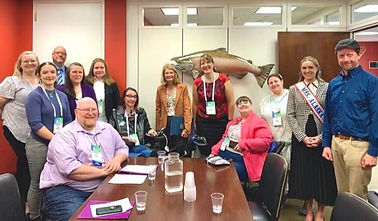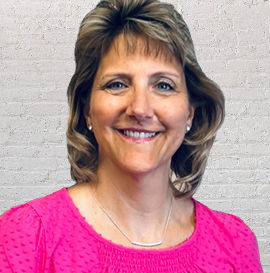top of page

Our Board of Directors
People just as invested in seeing our community thrive.
We have a team of tireless advocates
dedicated to our mission of serving those in need.
Our board members serve three primary functions:
1) Setting policy and direction for Frontier
2) Fiscal oversight
3) Hiring and evaluating the Executive Director
Members meet once a month and are asked to serve for 3 years. They can be nominated for an additional term by the board.



bottom of page













